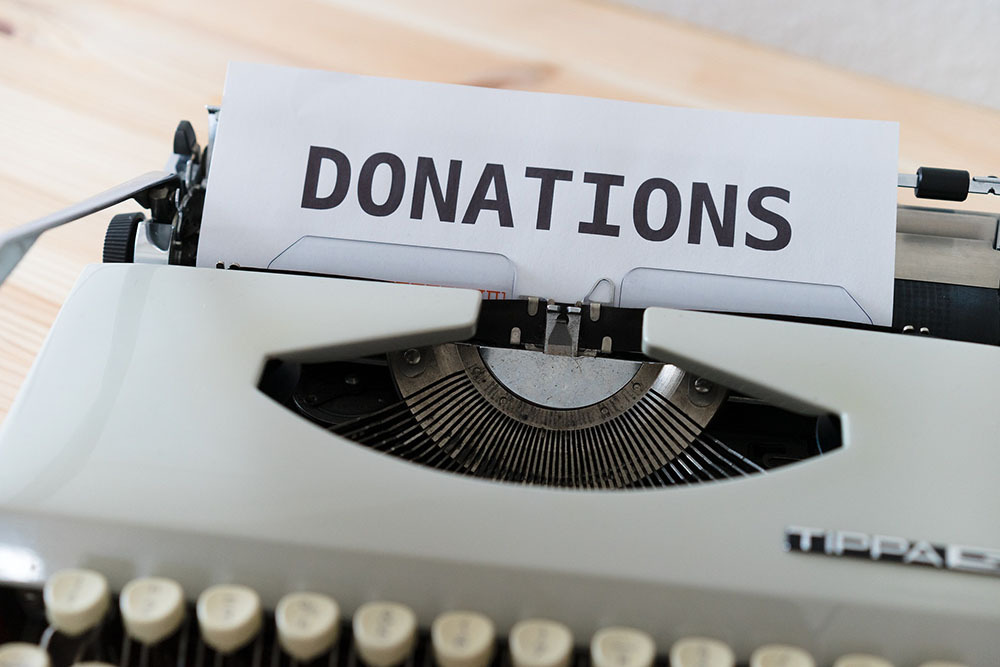Independent publishing is often thought of as more of a passion project than a lucrative business opportunity. Most of us who have entered this field intentionally are in it for our unabashed love of books rather than making a big paycheck. Many independent publishers work tirelessly to make ends meet with a for-profit model, so what are the benefits of becoming a nonprofit?
- You can apply for grants. The federal government has grants available for literary entities, including nonprofit publishing houses, through the National Endowment for the Arts. This arm of the federal government reviews applications and distributes grant money to nonprofit organizations, individuals, and state and regional arts agencies. The National Endowment for the Arts is not the only way to receive grant money; there are also state and private organizations that have grant money available for literary arts.
- You can fundraise. Graywolf Press in Minneapolis, Minnesota, is a great example of the ability of a nonprofit press to fundraise. A quick look at Graywolf Press’s financial statements shows that the majority of the funded money comes through donations, not grants. Yearly donation totals were often upwards of one million dollars. While most independent publishers won’t have this experience, the ability to take donations and fundraise can be a good source of revenue to keep your press thriving.
- You can publish books you might not otherwise get to publish. Receiving funding from donations or grants can open up the possibility of publishing books that might not be lucrative from a sales perspective. This extra cash could fund that avant-garde poetry collection you’ve been interested in acquiring.
On the flip side, becoming a nonprofit is not the right choice for every press. The benefits might not outweigh the costs.
- According to comments made by Dennis Stovall during a November 2020 Zoom meeting, grants are competitive, and applying for them is a time-consuming and arduous process with no guarantee of return. Even if you receive a grant, that money may not be enough to cover all of your operating costs. Grants also come with stipulations on what the money can be used for. In addition, the National Endowment for the Arts is responsible for grants for all of the arts, not just literature, which limits the grant money that is available for nonprofit publishers.
- Nonprofit publishers still rely on book sales to fund operations. To all of the idealists out there who want to publish every book that speaks to their mission statement, book sales still matter for nonprofit publishing houses. Graywolf Press consistently generates more money from book-related revenues than from grants and donations.
- Finding money costs money. Searching and applying for grant opportunities is a full-time job that you will have to pay for. The new employees you hire to oversee grant-writing, fundraising, and outreach need to be paid. Make sure you can afford to cover these jobs, especially when you are first starting out as a nonprofit. It won’t pay for itself overnight.
So, for those of you who run your own independent press, is the transition to nonprofit status the right choice for your business?

